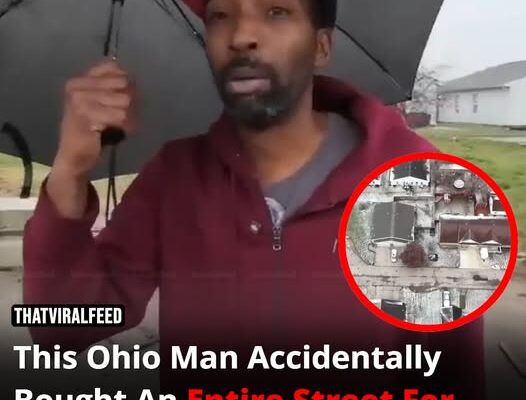
How Did This Happen?
Fauntleroy claims that when the city began the process of reclaiming the land, they only assessed the value of the lot—ignoring the fact that the sale had included an entire street.
Trenton City Manager Marcos Nichols explained the situation, saying, “I’m not sure how that [Fauntleroy’s ownership of the street] occurs other than it was a private drive that was created through a homeowner’s association,”
He further clarified, “The homeowner’s association was responsible for maintaining that property and upkeeping it.”
When asked why only part of the land was considered for appraisal, Nichols simply responded, “I cannot speak to the appraised value.”
According to Nichols, the city wants to convert the private street into a public roadway, ensuring that the homes along it will have access to city-maintained infrastructure.
Is This Even Legal?
Eminent domain laws allow the government to take private property for public use, but only if the owner is provided with fair compensation. The definition of “just compensation” is often debated in court.
Fauntleroy believes he’s not being treated fairly and warned, “Don’t just take advantage of someone because they don’t have the means of getting an attorney,”
Ohio has had several high-profile eminent domain cases over the years. In City of Norwood v. Horney, the Ohio Supreme Court ruled against the city, reinforcing property owners’ rights against unfair government seizures.




